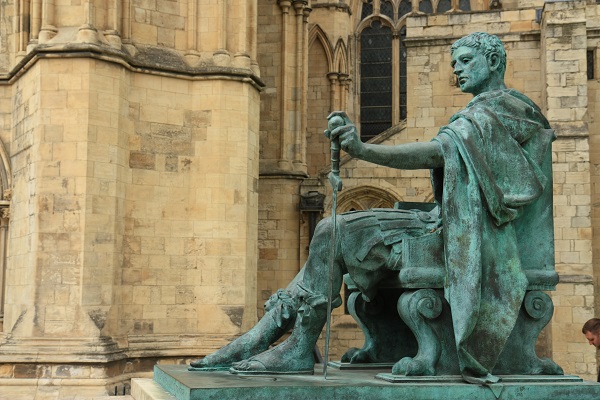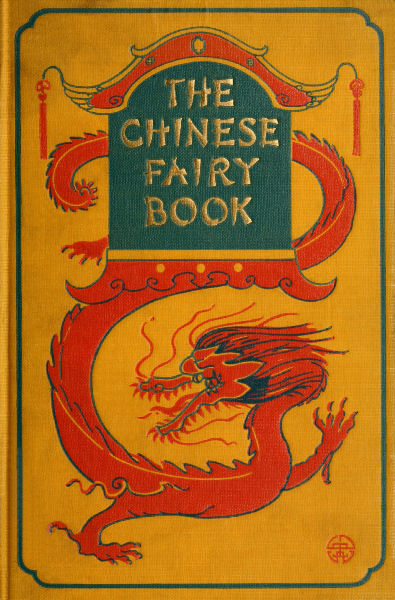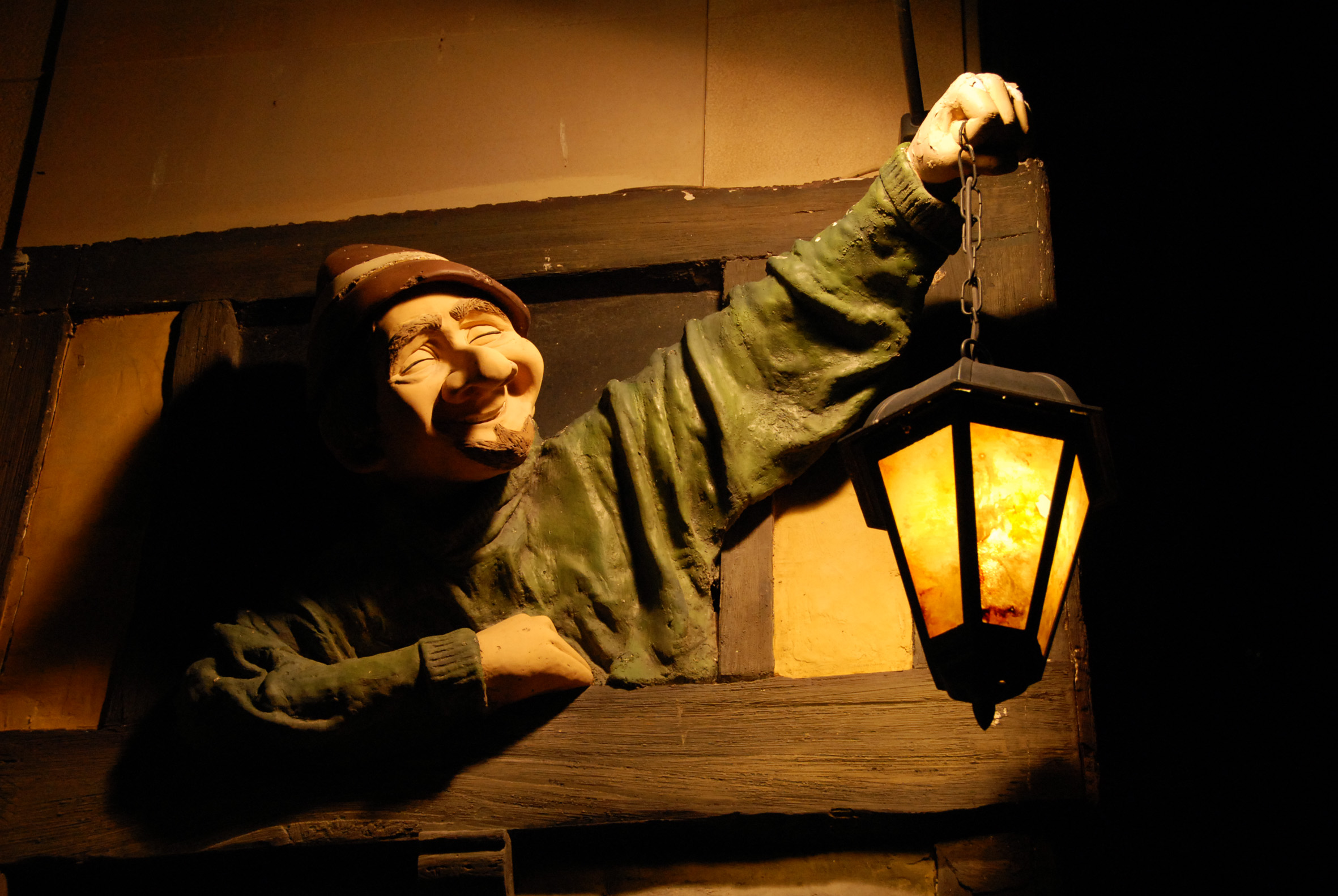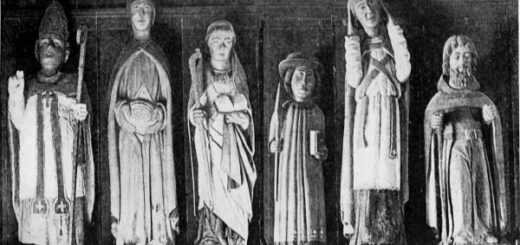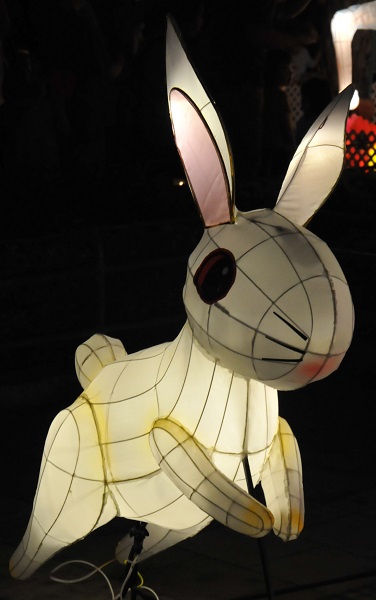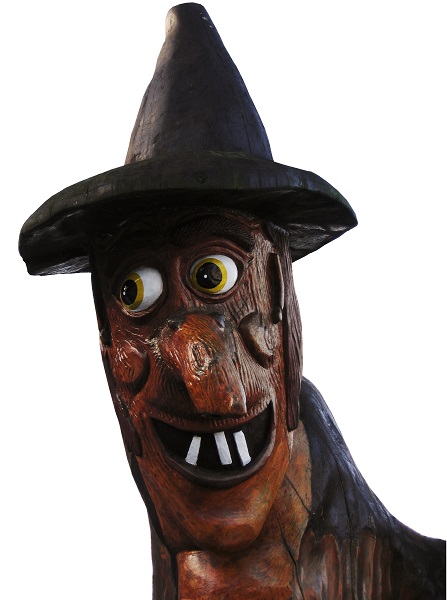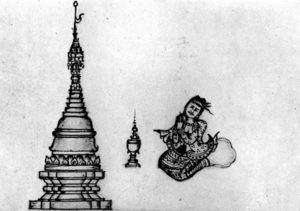Moonshine (STORIES OF THE FOREIGN LEGION, 1947) by P. C. WREN

La Cigale, the Mad “Grasshopper” of the VIIth Company, was solemnly dancing by the light of the moon. He was a fine soldier and a hopeless lunatic, and had once been a Belgian Officer (Corps of Guides, the most aristocratic in the Belgian Army) and military attaché at various Embassies. No one knew his story, not even le Légionnaire Jean Boule, whom he loved and who, through great suffering, had attained great understanding and sympathy.1
1 Vide “The Wages of Virtue.” John Murray.
This same gentleman, accompanied by the Bucking Bronco, Reginald Rupert, and ‘Erb, was even now looking for him, knowing that he was always worse at the period of full moon and apt to do strange things.
They found him–solemnly dancing by the light of the moon–on a patch of green turf by the palms of the oasis.
“Doin’ a bloomin’ fandango on the light fantastic toe–all on ‘is little own!” observed ‘Erb.
“Funny how the moon affects madmen,” said Rupert.
“Yes,” agreed John Bull. “Ancient idea too. Luna the moon, lunatic. Evidently some connection.”
“Shall we butt in an’ put the kibosh on it?” asked the Bucking Bronco.
“No,” replied John Bull. “Let’s settle down and have a smoke. We’ll see him to bed when he’s tired of dancing. If he wearies himself out there’ll be more chance of some sleep for us. . . . We can’t leave him to himself to-night.”
“Nope,” agreed the Bucking Bronco. “Remember the night he went loco once and for all? When the grasshopper jumped into his soupe.”
“Yes; but it wasn’t the locust in his gamelle that was really the last straw. He’d have had permanent cafard from that day, anyhow. . . . Look!–he’s stopped.” . . .
The Grasshopper, hearing voices, had ceased his posturing, bowing, and dancing. Crouching low, he progressed toward the shadow of the palms by long leaps.
“Hullo, mon ami!” cried John Bull; “come and have a smoke.”
“She always danced like that to the Chaste Huntress of the skies when she showed mortals her full face,” said La Cigale, as he flung himself down by his friend.
“‘Oo did?” queried ‘Erb.
“Diane de Valheureux,” was the reply. “That is why Delacroix killed her. That Delacroix of the artillery.”
“I could onnerstand ‘im killin’ ‘er if she sung, but I don’ see wot ‘e wanted to kill her for fer dancin’,” observed ‘Erb. “Too bloomin’ pertickler, I calls it.”
“He was jealous,” replied La Cigale, as he pressed his thin hands over his forehead and smouldering eyes.
“Diane was born at the full of the moon out in the beautiful garden of her father’s château. It was her mother’s whim–a woman of fire and moonbeams and wild fancies and poesies herself: Pan’s own daughter.
“And from the day she could walk, Diane must go out and dance in the light of the full moon.
“I loved Diane. Also did Delacroix. He was mad for love of her. I was sane for love of her, since my love showed me all Beauty and Harmony and the utter worthlessness of the baubles that men strive for.
“She loved me–I think. If she did not, certainly she loved no one else. I understood, you see. And, on one evening, given by God, she let me dance with her in the forest while Diana smiled full-face from Heaven.
“And her parents gave her to Delacroix, who had great possessions and a soul that values great possessions at their untrue value. The soul of a pedlar–the base suspicious mind of a ferret.
“After she was married–and broken-hearted–she still had one joy. She could still dance with the fairies in a glade of the forest at full moon. She could, do I say? She could not do otherwise when Diana and Pan and the Old Gods called–this night-born elf of night, moonlight, and the open sky and earth. And, returning from her midnight dance with the fairies, by the light of the Harvest Moon, she found that the husband whom she had left snoring, sat glowering–awaiting her–his mind a seething cesspool of foul suspicions.
“He killed her–of course. Such things as Fairy Dianes are killed by such other things as Hog Delacroix. And my heart broke. As your fine poet says, I think:
‘There came a mist and a blinding rain,
And life was never the same again.’
Never. Nor had I the satisfaction of dealing with Delacroix. The brave soul fled and disappeared.”
“You’ll cop ‘im yet, Ciggy,” interrupted ‘Erb. “Cheer up, Ole Cock. We’ll all lay fer ‘im, an’ do ‘im in proper, one o’ these dark nights.”
“I have settled accounts with him, now, I thank you,” continued La Cigale. “I suddenly came face to face with him on board the troopship L’Orient at Oran. It was when the Legion sent drafts to Tonkin, to fight the Black Flags.
“I was on sentry, and looking up, as a man came along the gangway, beheld the evil face of Delacroix!
“By the time I had recovered my wits, and realized that it was he in the flesh, and not his ghost, he had passed on and was swallowed up by the part of the ship devoted to officers.
“I saw no more of him until it was again my turn for sentry duty. By this time we were at Port Said, and as desertion was easy here–since a man had but to dive overboard and swim a few yards or even rush down a gangway when we were coaling–all sentries were given ball-cartridge and strict orders to shoot any soldier attempting to leap overboard or make a burst for the coal-wharf and British soil. (Once ashore, he must not be touched, or there would be trouble with England–and he might, with impunity, stand on the quay and deride us.)
“It was not likely that any of the French regulars would desert–artillery, line, or marsouins–but there would have been but few of the Legion who would not have made the promenade ashore but for these precautions.
“And as I stood there–my loaded Lebel in my hands–who should approach the head of the gangway over which I stood sentry, but this Delacroix, this thing whose foul hands–the very hands there before my eyes–had choked the life out of my Diane!
“Should I blow out his vile brains, or should I give myself the joy unspeakable of plunging my bayonet into his carcase?
“Neither. Too brief a joy for me–too brief an agony for him.
“As he passed, I held my hand with an effort that made me pale.
“The third time I saw him was in the Indian Ocean as we headed south for our next stopping-place, Singapore.
“He was leaning on the rail of the officers’ promenade-deck, smoking a cigar after his comfortable lunch. The deck was empty. I ran lightly up the companion from our troop-deck, polluted the promenade-deck with my presence, sprang at him, seized him from behind, flung him overboard, and sprang after him with a cry of ‘Diane‘!
“I must watch him drown; I must shout that name in his ear as he died. I must be with him at the last, and my hands must be at the throat of the foul dog. Not mine to fling him overboard and be clapped in irons while they threw him life-belts, and then lowered boats!
“Swimming with powerful strokes to where he had struck the water, I waited till he came up, and then seized him by the throat and strove to choke the life out of him as he had done to Diane. He struck at me wildly, and I thrust his head again beneath the water. But, yes! with a shout of ‘Diane!’ I dragged him below and swam downward as deeply as I could go. With bursting lungs I swam upward again and gloated upon his purpling face, and then–down, down, down, down, once more. . . .
“When they dragged me into the boat, I was senseless and he was dead. I had swum with him for nearly an hour.
“When I recovered on board the ship, I was the hero of the hour–the man who had sprung into the sea, without stopping to divest himself of so much as his boots, to save an Officer. . . .
“What am I saying? . . . I am sleepy. . . . Bon soir, mes amis,” and the Grasshopper rose and retired toward the tents.
“Some story!” remarked the Bucking Bronco, as the four followed. “Wouldn’t thet jar you! Sure it’s the mos’ interestin’ an’ wonderfullest yarn I heerd him tell yet. Ain’t it, John?”
“M–m . . . yes. . . . It is the more interesting and wonderful,” was the reply of John Bull, as he thoughtfully flicked the ash from the end of his cigarette, “by reason of the fact that I happen to know–that the Grasshopper cannot swim a stroke.”
If you liked this story, leave me a comment down below. Join our Facebook community. And don’t forget to Subscribe!

